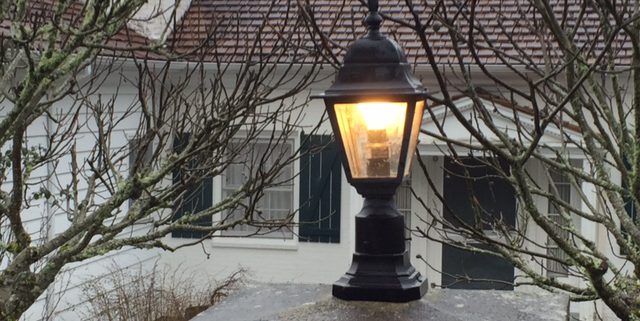The First and Last Freedom: On Discipline
There were five people who joined in for an exploration of Krishnamurti’s First and Last Freedom on February 4th. The chapter which was explored this week focused on discussion of discipline and the pursuit of truth.
This chapter proposed that the mere act of trying to improve oneself (e.g. through discipline) actually serves instead to reinforce some form of new attachment, such as being serene, chaste, generous, accomplished etc. Even the disciplined undertaking of meditation can be an impediment to the flowering of deep knowing, if the practice is a pursuit with expected outcomes or an end.
“Discipline, conformity, practice, only give emphasis to self-consciousness as being something.” P. 162
This concept posed a bit of a paradox for the group to consider in that there certainly are many self-realized sages who have meditated, reflected on virtues, or tried to be more mindful….
With closer reflection, K’s message seemed to point to a discipline of awareness. True intelligence arises through the noticing of our patterns of ‘self’, seeing the forms that envy or doubt take on. Through our observing, these qualities express in changing ways, which can often become lightened in our curious gaze and acceptance. In fact, Krishnamurti suggests a deeper truth may arise in which there is no separation between the controller (self) and that which is being controlled (expression/behaviours)… it’s one phenomenon.
Later in the book (forgive this leap) K. makes this point in a different way: “When you desire to be transformed, you are still thinking in terms of becoming; that which is becoming can never know that which is being“. Truth shines most clearly when we are being, from moment to moment…. “in the smile, in the tear, under the dead leaf, in the vagrant thoughts, in the fullness of love.” ❤️
Thanks to all who came out and to Bill for facilitating.



